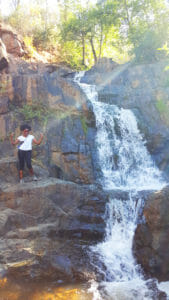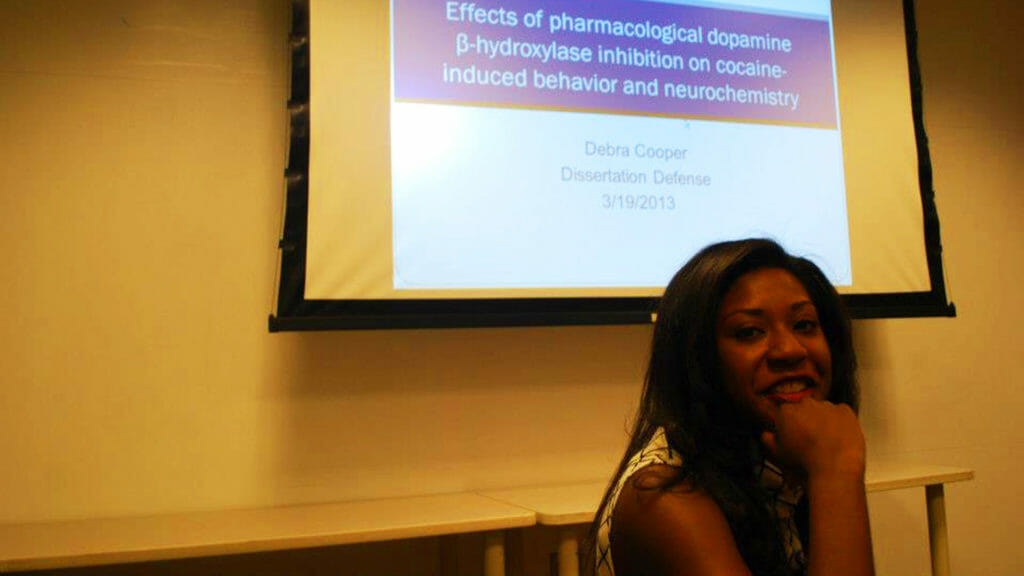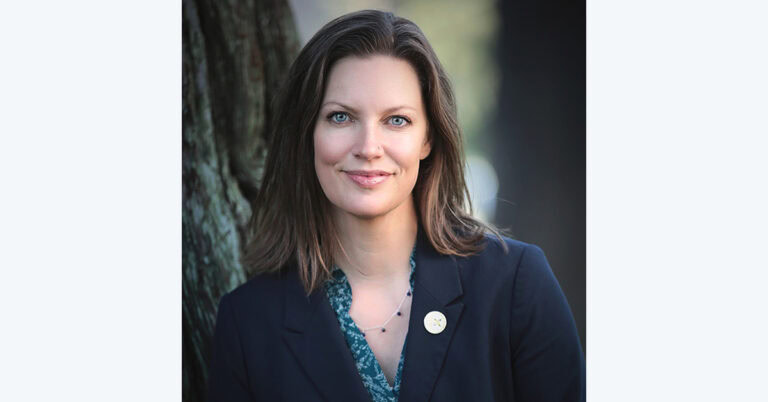Deputy Director
Fellows Profile: Debra Cooper, PhD
November 25, 2015 | CCST S&T Policy Fellows

Debra Cooper, PhD, was a CCST Science & Technology Policy Fellow in 2015. Cooper was placed in the California State Senate Office of Research (SOR), where she was hired as a Policy Consultant halfway through her Fellowship. Cooper received her PhD in Neuroscience from Emory University, where she studied medications to help reduce relapse to cocaine addiction in patients. [July 2016 Update: Cooper is now a Principal Consultant with the California State Senate Committee on Appropriations.]
Name: Debra Cooper
Fellowship Year: 2015
Fellowship Placement: Senate Office of Research (SOR)
Q: Why did you originally decide to seek out a policy fellowship experience?
A: Throughout grad school and during my postdoc, I observed my PI’s and asked them about their career paths. While I respected what they did and thought that they were great at their roles, I realized that their career isn’t what I wanted for myself.
I have always had a deep love for science and knew that whatever career path I chose, I wanted it to be tied to science. After doing a number of science outreach activities at K-12 schools and community events, I realized that I really like talking about science, and I especially enjoy explaining complex concepts to people who aren’t expert scientists.
Combining that with my original intention for going to grad school, which was to make an impact on the community through science, I decided that science policy was the career route that I wanted to take. I would be able to break down scientific concepts in order for them to be used in drafting or implementing policy. Aware that I knew next to nothing about policy, I decided the best way to get a lay of the land and make ground in policy would be to pursue a science policy fellowship.
Q: Think back to your first month with CCST. How did you feel during that first month of “policy boot camp” trainings and meeting your new colleagues?
A: To be honest, the first few days of “boot camp” were a bit intimidating. In my cohort, I was one of three Fellows who had no previous ties to the West Coast before starting the Fellowship. There was a lot of California-centric information that was presented to us (as it should be) and it seemed to me like all the other fellows had a few legs up on me, because they were already somewhat familiar with the content and could chime in with their own background knowledge.
As time went on, I realized that everyone, myself included, had valuable knowledge to contribute, and I looked forward to the input that the other Fellows had. Our diverse backgrounds leveled —and enriched — the playing field. We all learned so much new information that made the transition into our placements smoother. Even twelve months after orientation ended, I still find myself referencing concepts that I learned during orientation or connecting with people that I met during those first few weeks.

Q: What, in your experience, was the most surprising aspect about participating in the lawmaking process and working with policymakers?
A: One of the most surprising things that I learned is how many different ways science can be used and applied in government and policy.
Within the Fellowship, depending on your placement, you can help with drafting legislation, analyzing legislation, or researching background information that is used for the legislative process. As staffers in the legislature, we interact with people in other State agencies and departments that implement legislation. We also interact with lobbyists and organizations that advocate on behalf of different bill ideas.
Scientific concepts can be and are used in all of these steps. And even these steps and paths are just the tip of the iceberg, of all the many ways science and scientists can find roles in government and policy. I’m still discovering new ways that scientists can find their niche in government.
Q: Did you find that your professional skills and instincts grew as the Fellowship year went on? Were the CCST trainings and events helpful to your professional development?
A: I sought out this Fellowship because I thought I was good at science communication and wanted to work on it and use it in a different environment. I didn’t really anticipate how much my communication (both science and general communication) would improve during the Fellowship.
I can’t count the number of times that we practiced our elevator speech throughout the year. I now have multiple elevator speeches in my back-pocket that I’m ready to use at any moment, depending on the situation. I’m a generally shy person, and networking used to be a struggle for me. I had to force myself out of my comfort zone just to start what I thought was a daunting networking-type of conversation. The Fellowship provided so many opportunities to meet new people in different settings, and I became comfortable with going up to people who I’ve never met before and starting up a conversation.
Today, I no longer view networking as this arduous process — I just think of it as chatting with new people to learn a whole world of interesting things, and it almost comes naturally now.
Q: What are some of your favorite memories or proudest accomplishments from your Fellowship year? What were some of the most challenging moments or lessons learned?
A: Some of my favorite memories from my Fellowship year came from opportunities that were available to me as a result of being a Science Fellow. Two in particular were being able to promote myself, science policy, and the Fellowship in public forums.
With the professional development funds that I received as a fellow, I traveled to the “Connecting the Dots: Effectively Communicating Science To Non-Scientists” workshop in Washington, DC hosted by Research!America and George Washington University. The workshop was phenomenal and I was fortunate to be able to go, and the organizers personally asked me to write a blog post about my experience at the workshop.
Then, at the AAAS Annual Meeting in San Jose, Calif., I started talking with some of the staff from iBiology, an online forum of talks by leading scientists. They wanted to hear more about my story of navigating from academia to science policy and wanted me to record a talk that will go on their website. So in August this year, with iBiology, I had my first experience recording a video in a studio in front of a green screen (you can watch the video here). It was another exciting opportunity that only became available to me because I was a CCST Science Fellow.

Q: What did you come to love and appreciate during your year living in Sacramento or living in California?
A: I was born and raised in Houston, Texas, which is not only below sea level, but some of the flattest land ever. Living in North Carolina and Georgia wasn’t too much better. I was never much of an outdoorsy person, but since moving here, I’ve gotten into hiking. I’d be remiss to live here and not take advantage of the gorgeous scenery. I’ve gone on some sort of hike in every new city that I’ve traveled to in California and am planning to expand to camping in the near future.
Q: What do you think is the role of science in policymaking and, more broadly, in government?
A: There are many different roles for science and scientists in government and policy. I see myself as a liaison or translator. In the Senate Office of Research, I don’t do primary research like many scientists are accustomed to doing. Rather, I often help gather the relevant information from primary research and compile it into reports, memos, or other background documents that can be used to form or influence policy. To do this, I have to pull out the pertinent parts from technical peer-reviewed papers and translate it into language that’s easily comprehensible to legislators, staffers, and the general public.
Ultimately, science — especially government-funded science — is supposed to be accessible to the public, and this is one manner of making that happen.
Follow updates from the CCST Science Fellows on Facebook at facebook.com/ccstfellows and on Twitter @CCSTFellows. Explore the CCST Science & Technology Policy Fellowship here.
Find the California Council on Science and Technology on Facebook at facebook.com/ccstorg, on Twitter @CCSTorg, and on LinkedIn. Learn more about CCST at www.ccst.us.





